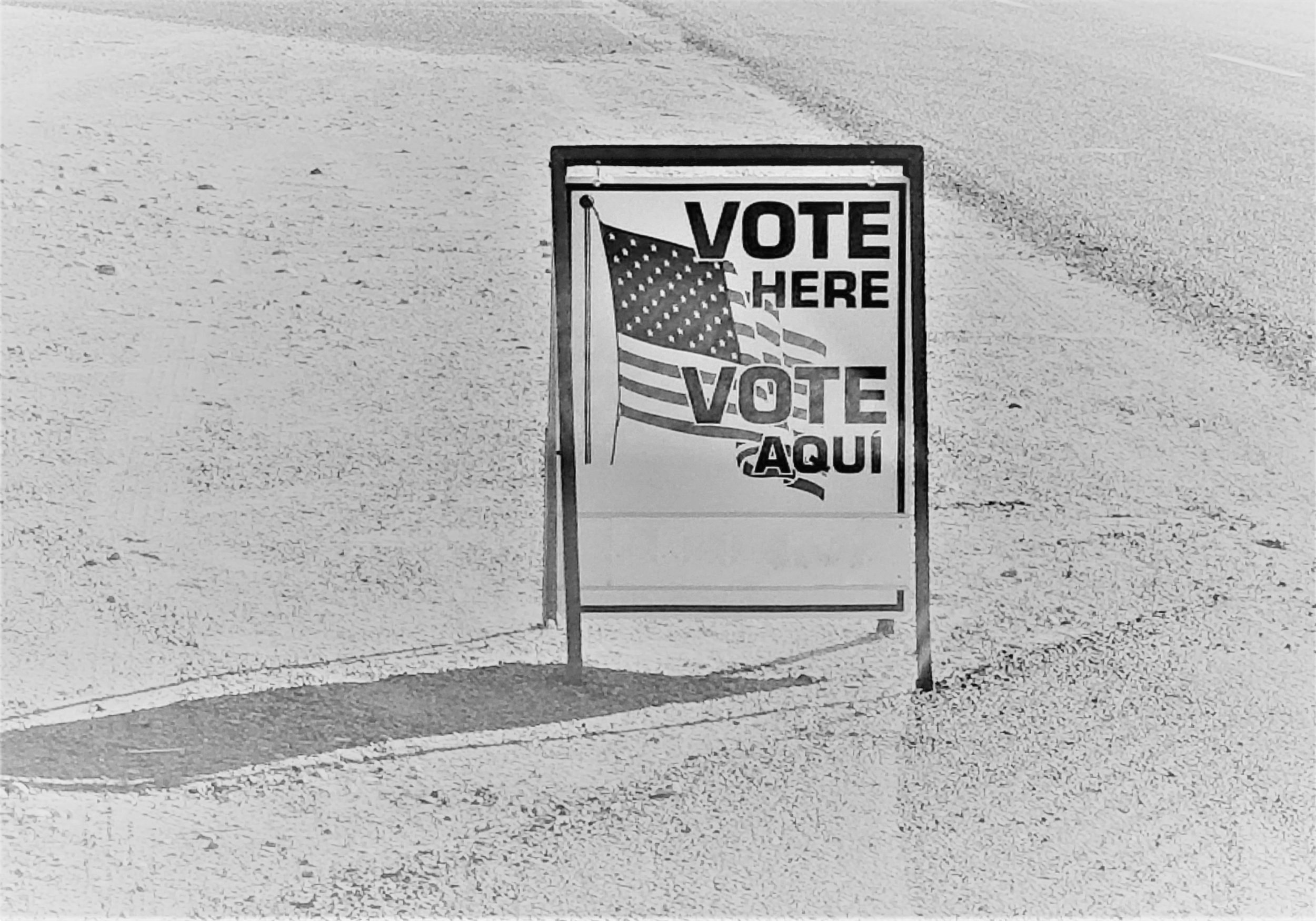The 2022 midterm elections included voting and election ballot initiatives in several states across the country. While some measures made it easier for people to vote and introduced new electoral systems, others tightened voting laws. Many of these initiatives will directly impact each state’s overall grade on our Democracy Report Card.
Pro-democracy initiatives were on the ballot in three states:
Michigan's Proposal 2 passed, providing free postage for absentee ballots, implementing nine days of early voting, and requiring ballot drop boxes for every 15,000 voters in a municipality. Leadership Now, local business leaders, and the Detroit Regional Chamber supported this “Promote the Vote” ballot initiative. As a result of these robust changes, Michigan may be able to take a leading overall grade in democracy, currently ranked fifth nationwide.
In Connecticut, Question 1 passed, which will allow the state legislature to provide for early voting. Early voting will improve Connecticut's grade.
Nevada has cleared its first hurdle toward changing the status quo - despite opposition from both political parties. Question 3 passed, introducing open primaries and ranked choice voting (RCV). Like Alaska's new system, Nevada's traditional partisan primaries could be replaced with a ballot of all primary candidates where the top five will advance to a ranked-choice general election. The introduction of RCV has several positive effects on a state's democracy and could help raise Nevada’s current D grade in voting and B grade in electoral systems. The new voting system may increase competition between candidates, encourage cross-partisan efforts, reduce extreme messaging, and reveal the candidate with the most support across the entire electorate, not just the most passionate voters. To amend the Nevada Constitution, voters must approve Question 3 a second time in 2024.
Stricter voter-ID laws were on the ballot in two states. Arizona’s Proposition 309 is likely to fail, while Nebraska’s Initiative 432 passed. Nebraska will now require a photo ID to vote. Nebraska was previously the only Republican state without a voter-ID law. By adding a barrier to voting, Nebraska's average grade will decrease. Notably, a divided Arizona electorate overwhelmingly approved a measure curbing undisclosed spending in political races.
Ohio passed Issue 2, which will limit voting for noncitizens. According to the measure, only US citizens registered to vote for at least 30 days are eligible to vote in state or local elections. Ohio has a C rating across the board, and this change may have a marginal impact on its grade.
Additionally, state lawmakers in Arkansas tried to deceive voters into making the ballot initiative process harder to use. But voters rejected Amendment 2. The democracy grade for Arkansas is among the worst in the nation.
We look forward to sharing details on how the midterm elections affected each state's Democracy Report Card in the coming weeks.

